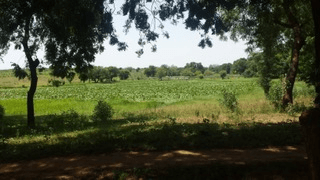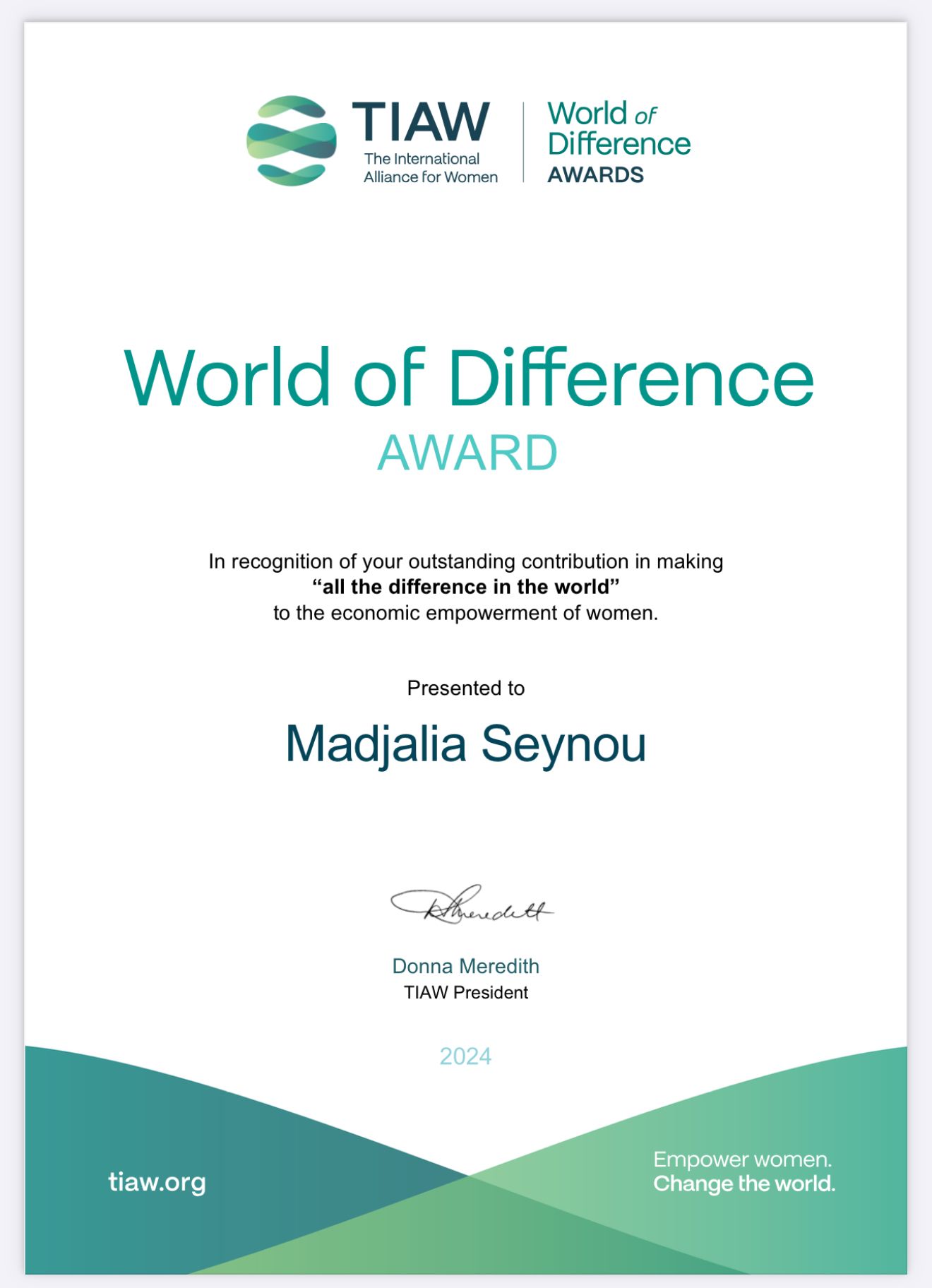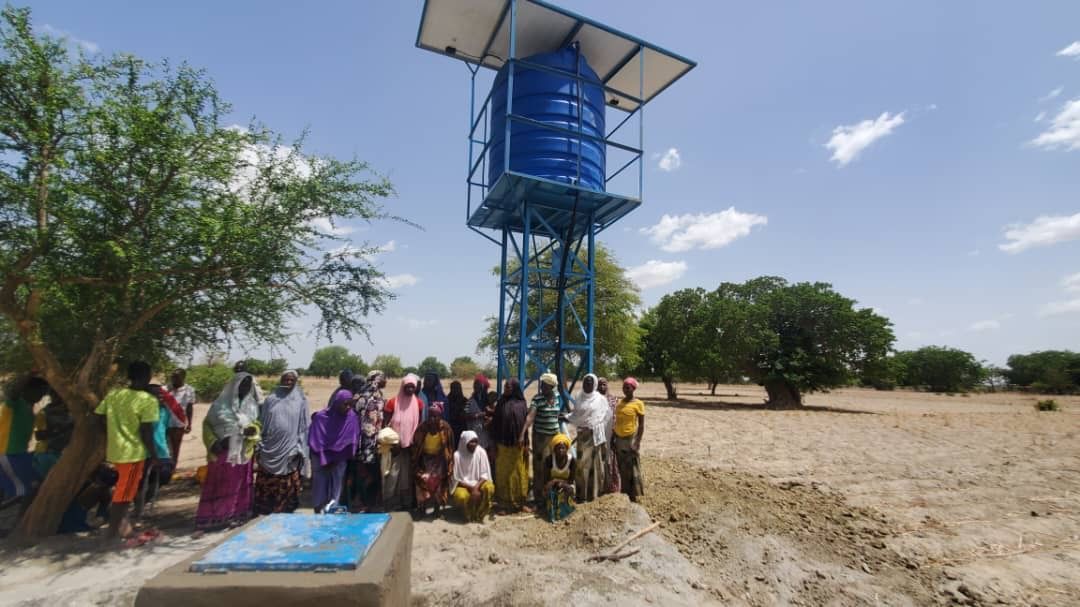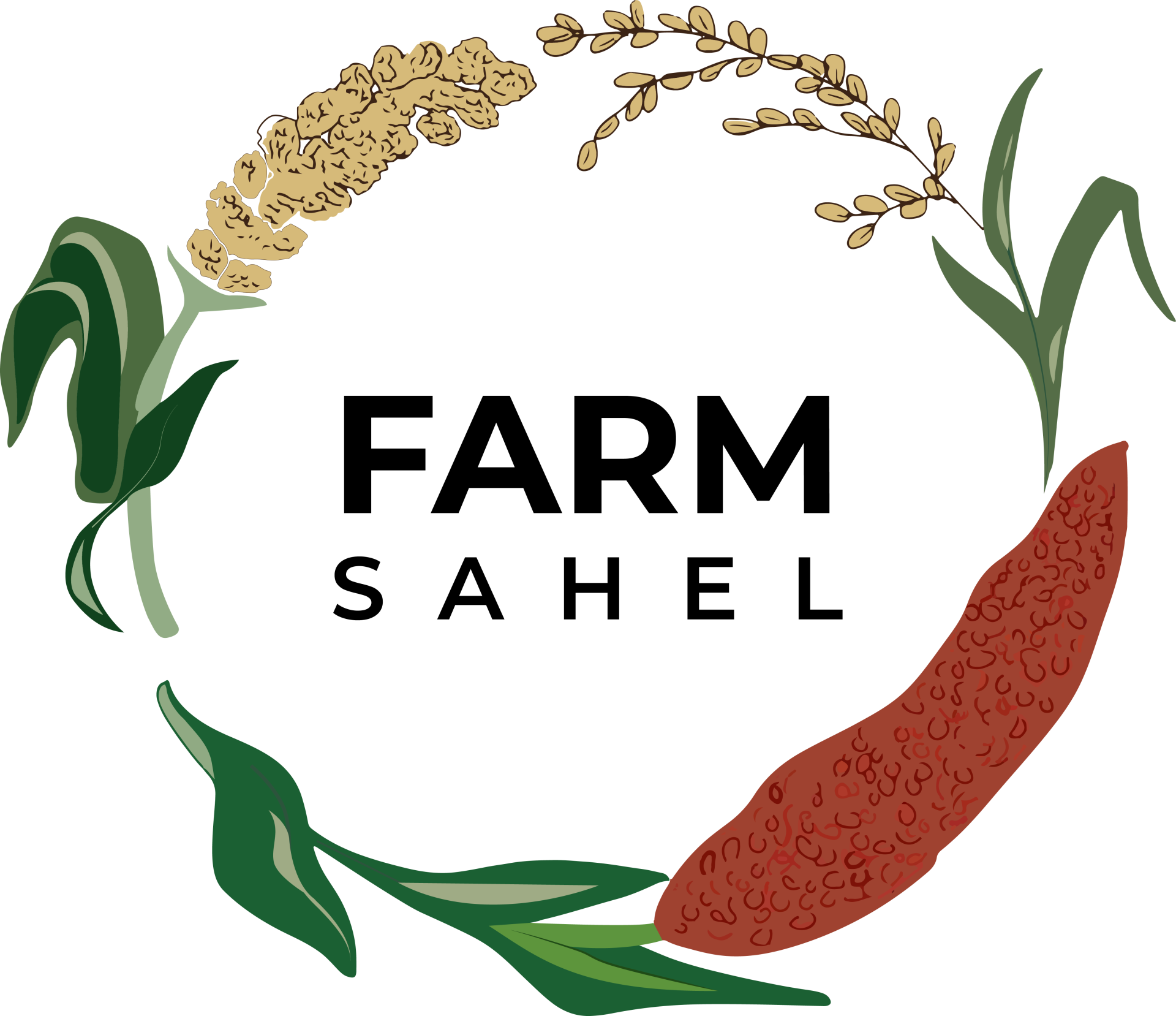Country Case Studies: Nigeria
The prosperity of Nigeria is instrumental to the overall success of Sub-Saharan Africa (SSA), as it is one of the largest countries in the region with the highest population- about 200 million. This article will examine the prosperity of Nigeria, particularly the agricultural sector’s reform. The agricultural sector is crucial to the overall success of Nigeria, as “Nigeria is an agrarian country with about 70% of over 140 million people engaged in agricultural production and provides subsistence for two-thirds of Nigerians who are low income earners” (Ugwu, Kanu). The production of crops in Nigeria is substantial, as cereal crops are grown as well as other major crops such as cassava, plantain and maize. Nigerian farmers can successfully grow such a wide variety of crops due to Nigeria’s abundant natural resources as well as a favorable climate and adequate rainfall. Despite all of Nigeria’s positive traits, crop yield output is nowhere near its maximum potential. The National Bureau of Statistics recently reported in its “2019 Poverty and Inequality in Nigeria” report that a massive 40% of the country’s population lives below the poverty line. Much of this poverty is a direct reflection of the failing agricultural practices in the nation. Major changes in the agricultural industry are essential to the growth of Nigeria and its economy.

The decline of the agricultural sector possible
In a country that is so dependent upon its agricultural community, how was the decline of the agricultural sector possible? Nigeria has an abundance of natural resources, as well as an excellent climate for growing crops. “…there has been declining contributions of agriculture to the gross domestic product in the past three decades. This could be associated with the gross neglect of the agricultural sector and over dependence on the oil sector” (Ugwu, Kanu). In 1972, the oil sector contributed to 99.7% of the GDP- and in the post oil boom era, when the prices of crude oil began to fall, this became a pressing concern.

Programs to combat the declining agricultural sector
The Nigerian government issued a series of programs to combat the declining agricultural sector- examples include the NAFPP, ADPs, NCAM, the Green Revolution Programme and Specialised Universities for Agriculture. Despite all of these reforms, the performance of the agricultural sector did not fare significantly better. The series of policies and reforms the nation underwent were ineffective, inconsistent and at times exploitative- for example, heavy taxing of smallholder farmers on export crops. There were so many different policies implemented under different regimes that all of them ceased to be effective. Even with recent attempts to improve the failing agriculture system in Nigeria, there are many obstacles to overcome. Although agriculture contributed to 42% of the GDP in 2008, a significant growth, food security remains a major concern. The agricultural economy has undoubtedly been moving forward, but past policy instability and poor coordination by the Nigerian government have left many pieces to be picked up.

Nigeria has the potential to surpass the growth of other SSA nations due to its abundant resources, great climate, and massive population. However, the agricultural sector has seen a decline over the past few decades due to the government employing unsatisfactory or inconsistent reforms. Policies must be consistent and transparent to truly be effective. Further, any corrupt or exploitative measures must be ceased immediately- such as unnecessary taxing. Nigeria has the potential to be a superpower in the agricultural sector- with good governance, this should be a realistic future for the nation.
Works Cited
Kanu and Ugwu, “Effects of Agricultural Reforms on the Agricultural Sector in Nigeria.” Journal of African Studies and Development, 2011.
“Nigeria Releases New Report on Poverty and Inequality in Country.” World Bank , 2019, www.worldbank.org/en/programs/lsms/brief/nigeria-releases-new-report-on-poverty-and-inequality-in-country.












